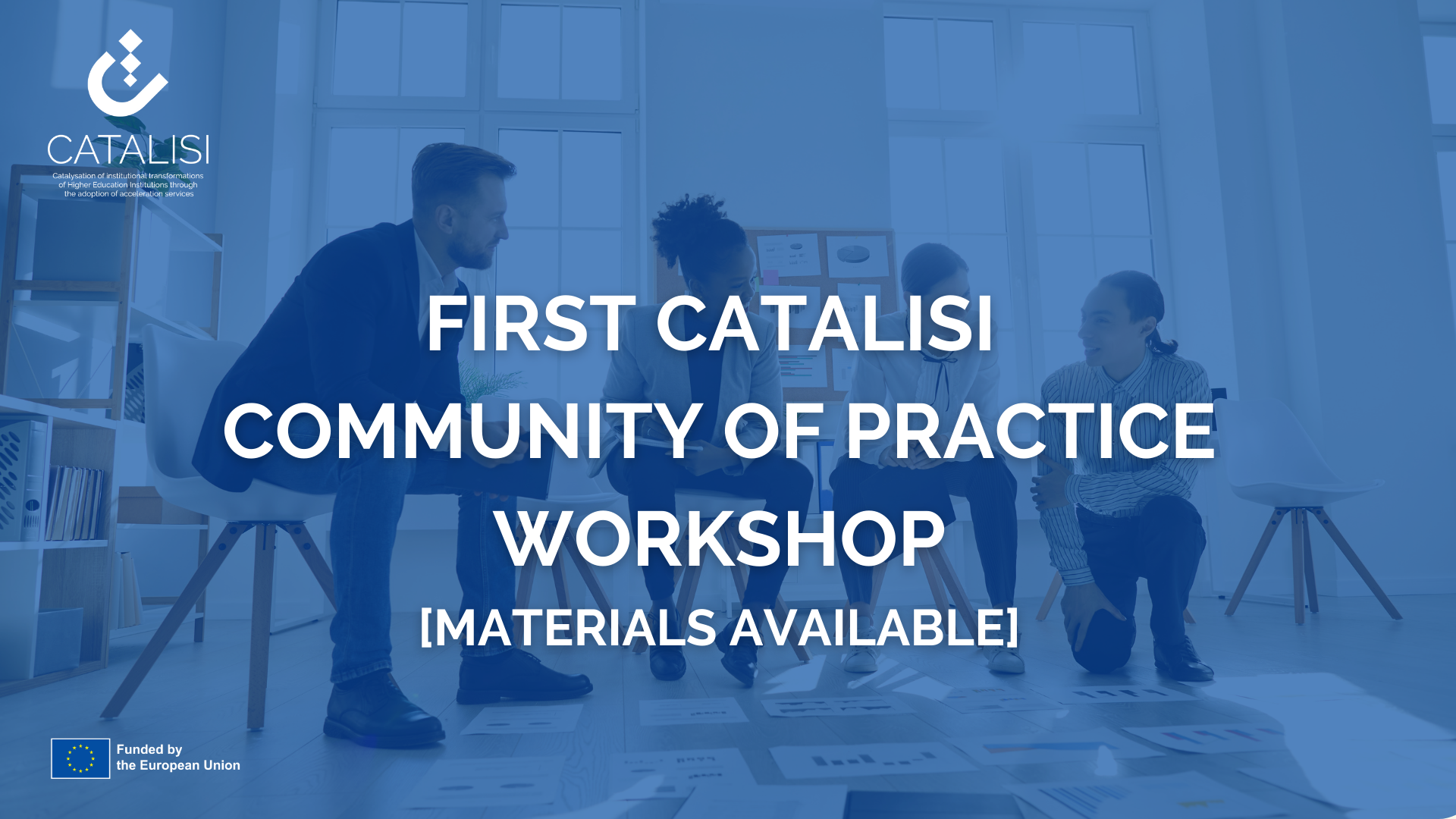First webinar held on November 23, 2023
The Webinar on Gender and Inclusion in Higher Education aimed to achieve several key goals, including the dissemination of best practices and research findings in the realm of gender and inclusion within higher education.
Additionally, the webinar sought to pinpoint actionable strategies to advance gender equality and promote inclusion within the higher education landscape. The success of the event can be attributed to the insightful contributions of two distinguished speakers who are experts in the field of Gender and Inclusion in Higher Education. Namely:
Sabina Pellizzoni a technologist at INFN (National Institute for Nuclear Physics), and she is the coordinator Gender Mentoring programme INFN: the first gender mentoring in an Italian research institution. Sabina is an INFN Team member for GENERA Network and she is external expert of the GETA Observatory CNR IRPPS: for updating and analysing data and monitoring gender balance issues.
Magdalena Zadkowska an Assistant professor in Sociology Institute at the Faculty of Social Sciences at the University of Gdańsk, Principal Investigator, Academic Teacher, Expert, focused on women and men carriers in STEM, diversity management, intimate relations and gender studies. Cooperates in international research projects with Norway, USA, Canada, UK, Italy, Romania, Chile and France.
Their diverse backgrounds in physics and sociology brought a multifaceted perspective to the topic, enriching the discussions. Notably, the speakers presented best practices in advancing gender equality and fostering inclusion om higher education contexts, providing valuable insights for the audience. The engaged audience demonstrated a profound interest in the subject matter, creating a dynamic space for mutual learning. This collaborative environment facilitated the exchange of research results, personal insights, and backgrounds, ultimately strengthening cooperation among European universities and institutions.
Check out the Learning Hub for materials and recordings of all upcoming workshops!
In case you missed the first wbinar, you can watch the recording also here:









































